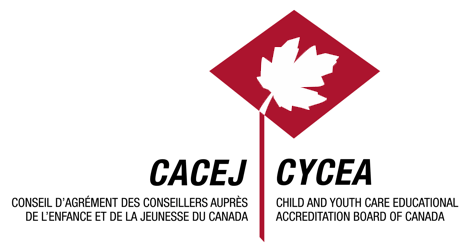Synergy Placement Notice to Students
Pre-Placement Requirements
St. Clair College has partnered with Synergy Gateway Inc to provide you access to Verified - a platform that is used by students at other post-secondary institutions across Ontario for the purpose of digitally collecting placement requirements related to placement(s). Synergy Gateway Inc will provide support and clearance to help with your required documentation. You will be required to complete an Electronic Requirements Verification (ERV) Review through the Verified platform in order to receive clearance to begin your clinical placement. You will be provided access to "Verified" via a secure username and password. You will use Verified to:
- Upload your pre-placement requirements documentation for review.
- Book your Electronic Requirements Verification (ERV) service (this is a service that reviews the documents you have uploaded and provides you a status as to your eligibility to begin placements).
- Track your ongoing requirements compliance.
Each student will receive log-in credentials to access Verified that will be sent to your St. Clair College email account. Please check your inbox, spam and junk mail folders for an email from the "Synergy Help Desk". You will be required to create a new password upon logging in. Be sure to view the video user guides and student guidebook to learn how to use the Verified platform.
Any associated fees for Synergy Gateway Inc to complete the pre-placement requirements are the sole responsibility of the students:
- Synergy Review Fee: $50.50 + tax
- Synergy Follow-Up Review Fee: $10.00 + tax
It is mandatory that students complete their ERV service through Verified to be eligible for your upcoming clinical placement.
Once your account has been set up with Verified, inquiries can be directed to Synergy Gateway Inc at www.Synergyhelps.com. You will need to submit a Help Desk ticket. Their Help Desk hours are Monday to Friday: 10 am - 3 pm, excluding holidays.
** Please note: If you are an International student completing a placement, you will require a valid COOP Work Permit.




